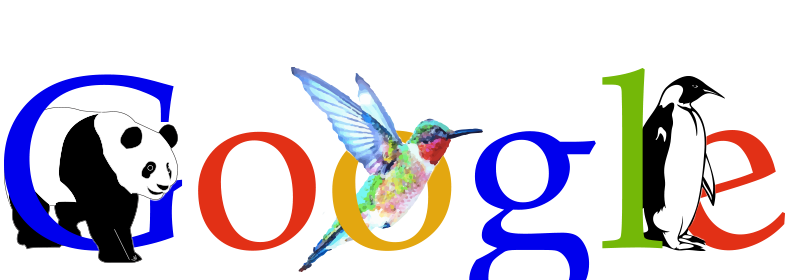What’s the Difference Between an Algorithmic Penalty and Manual Penalty from Google?

Google regularly updates its search bot algorithms, and for the most part the details of these changes are not known. But what is known is the effect they have on listings – the Google Penguin SEO update hurt many sites.
There are two different search listing penalties that can be applied by Google.
Manual Penalty
This is, as the name suggests, when a human member of Google’s team takes a specific action against a website. This can be done for many reasons, and the penalty can vary in severity and longevity depending on the “offence”. For example, JC Penney was penalised for its paid links that got it to the top of the listings for the phrase “Samsonite carry on luggage”, ahead even of the official Samsonite website. The Google manual penalty dropped JC Penney to number 71.
Google’s webmaster guidelines set out acceptable SEO and general website practices, so companies should stick to these. If a penalty is given the firm can submit an appeal after the issue has been addressed.
Algorithm Penalty
An automatic algorithm penalty may happen whenever Google updates its bot algorithms. There is no way to predict or prepare for this, except for keeping your site updated and using only good practice SEOand marketing habits. Even then you could still get hit.
The algorithm updates often look for spam tactics such as stuffing keywords into irrelevant content or paying for link exchanges, so you should avoid even doing these in the first place. If you have fallen foul of what Google considers to be poor SEO tactics or a hard-to-use site you must change your habits and hope that your site recovers the next time the bots crawl your site (which could be several weeks away – you just have to be patient).
It is possible for just specific pages to be penalised, or your whole site. And if too many separate pages breach guidelines the whole site will suffer as a result. Of course, it is also important to remember that you can drop through the rankings because other sites have started to perform better than yours.
Hundreds of changes are made to Google algorithms every year, and more than 200 factors are taken into account when ranking pages. The only way you can stay on top of things is to continually offer a respectable, informative and easy to navigate website.
Some of the things you must avoid include:
- Over-optimising anchor link or other text
- Too many links from low quality or irrelevant sources, or paying for lots of links
- Deceptive or manipulative SEO tactics
- Duplicate content
- Too many ads or forcing users to click ads
- Lots of spam comments left by visitors
